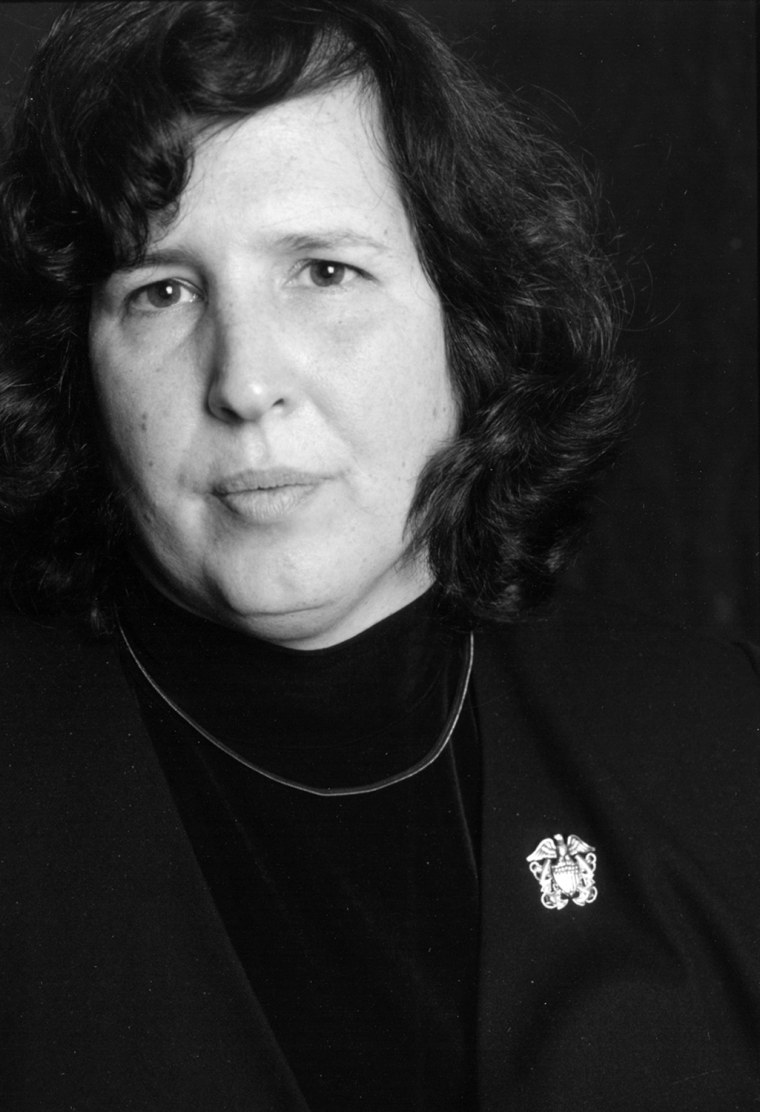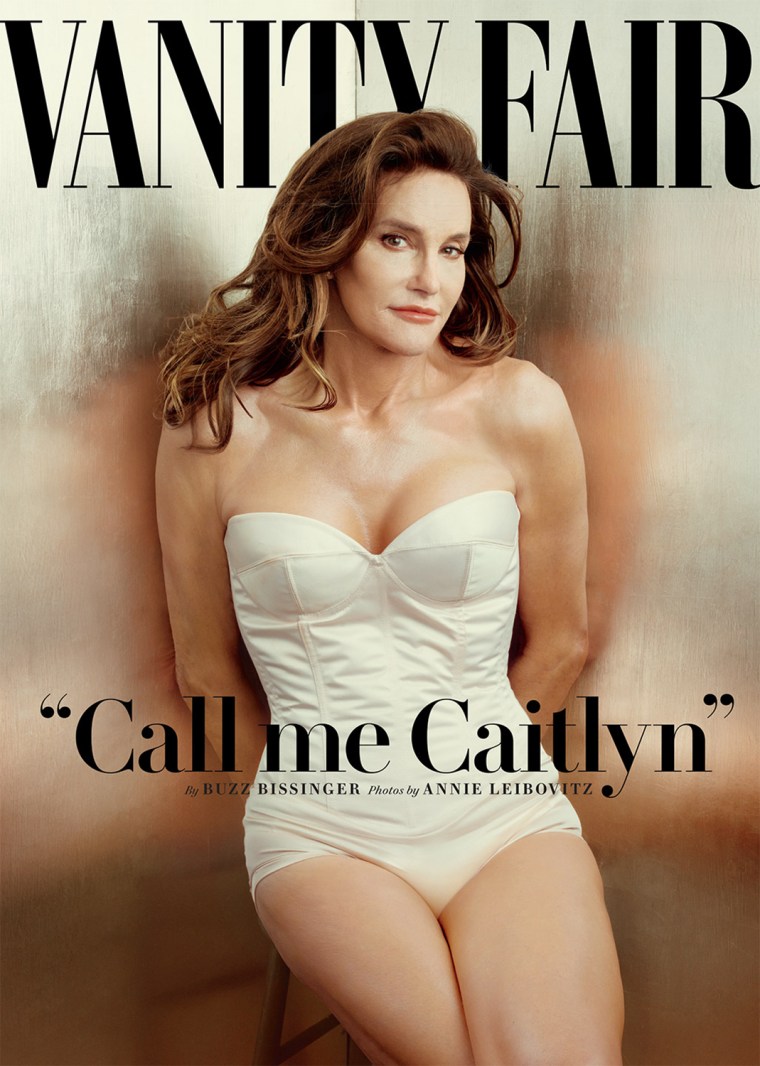Lt. Paula M. Neira, who served in Operation Desert Storm and left her distinguished career in the Navy in 1991 because of the military’s stance on transgender service, was one of the first veterans to be issued Department of Defense paperwork earlier this year, reflecting her identity as a woman.
Now a 52-year-old nurse educator in Bowie, Maryland, and an advocate for transgender rights, she reflects on how Caitlyn Jenner’s transition has aided the national conversation on gender identity.
Neira shares her thoughts with NBC contributor Susan Donaldson James:

I overwhelmingly support Caitlyn Jenner and am happy for her as she now gets to live her authentic life. One of the things her story highlights is that everybody’s transition is unique — no two people are alike, and every person faces different challenges in their own context.
The reality is, Caitlyn’s story is unique because she is coming from a tremendous amount of privilege.
Not everybody can make a coming out statement to Diane Sawyer or be on the cover of Vanity Fair and have a reality show in the works. But it’s wonderful there are people who use their celebrity to advance a message to help others.

The fact that the media is reaching out to people to ask questions is a positive thing. But there has been criticism, too, focusing on Caitlyn’s looks and whether or not she’s had genital surgery. They are going after ratings and sensationalism.
To ask about the sexuality of transgender people is inappropriate and misses the point. And it objectifies women in general. The vast majority of transgender individuals are like everybody else — some are more attractive than others.
I made a joke yesterday, doing an LGBT pride speech at the General Services Administration in Washington: Vanity Fair was not looking for me 25 years ago when I transitioned. I can’t even get Sports Illustrated to talk to me, except to renew my subscription.
The fact that Caitlyn got a million followers in four hours on Twitter shows the explosion of social media has changed the landscape for good and for bad. If you read the comments under the stories and the level of vitriol, you will see the reality many transgender people face every day.
You have a presidential candidate like Mike Huckabee who thinks it’s perfectly normal to mock trans people in a public statement:
“Now I wish that someone told me that when I was in high school that I could have felt like a woman when it came time to take showers in PE," Huckabee told a National Religious Broadcasters Convention in Tennessee in February. "I'm pretty sure that I would have found my feminine side and said, 'Coach, I think I'd rather shower with the girls today.' You're laughing because it sounds so ridiculous doesn't it?"
I do not identify as a transgender woman. When you put the adjective out there, it gives people a license to attempt to say, ‘You are a pseudo woman.’
I am a woman, like every other 52-year-old, post-menopausal woman on the planet. I allow myself to identify as a transgender individual because of my advocacy for those in the military and the need for transgender youth to have role models.
Personally, it breaks my heart that it took Caitlyn six decades to get to the point where she could embrace her authentic self. But all this attention raises the public dialogue for a rational reasonable conversation — and that is all good.
Now, we are working to get the military to change their regulations so that trans individuals can serve authentically in the military; there are over 15,000 now serving and 134,000 transgender veterans, and yet the military refuses to acknowledge their existence.
The military is in the midst of grappling with this. The President, Secretary of Defense, and the Secretary of the Air Force have said all the right things about transgender military service, but we are not there yet. They say the words, but the regulations have not changed.
If someone has had genital surgery, the military considers that mutilation and it disqualifies you from joining the service forever. No one has ever been issued a waiver.
It’s a little murkier when you are serving. They have removed the clear language that would make separation automatic. But the way it works, it’s considered a medical condition, but you don’t have the ability to go before a medical board and defend yourself and say you are still fit for duty.
You are considered administratively unfit, instead of medically discharged. The Veterans Administration then may be off the hook for providing medically necessary care such as gender confirming surgery, which the VA is precluded by law from providing.
In military and civilian life, I find that most health care providers don’t have the cultural competence to provide quality care to transgender patients. They haven’t had the education, training, and experience in their nursing or medical careers.
We need more education and to raise cultural awareness. And it’s incumbent on the media not to sexualize individuals. We need to look at the reality: Most people don’t have the money and can’t access the health care for the facial surgery that Caitlyn Jenner had.
Hers is a nice story and it raises the conversation. But the next step after the celebrity platform is talking about the vast majority of Americans: What’s going on with the transgender person in Peoria?